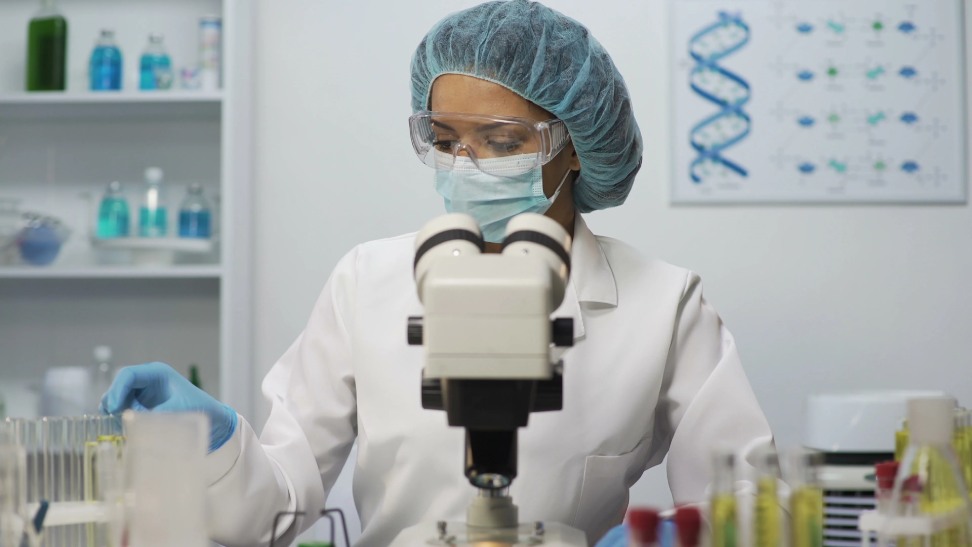Tigerexch, Skyinplay, Playinexch, T20 Exchange: Biochemical analysis is a fascinating field that delves into the intricate workings of living organisms. It involves the study of the chemical processes and substances present in biological systems, aiming to unravel the mysteries of life at a molecular level. By dissecting the building blocks of cells and tissues, scientists can gain insights into the functioning of the human body, which opens up a world of possibilities for understanding diseases, developing new therapies, and improving overall health.
At the heart of biochemical analysis lies the study of biomolecules, such as proteins, carbohydrates, lipids, and nucleic acids. These molecules serve as the foundation of life, orchestrating various biochemical reactions and signaling pathways that maintain the delicate balance within our bodies. Through meticulous experimentation and cutting-edge technologies, scientists can unravel the structure, function, and interactions of these biomolecules, providing crucial insights into how they contribute to cellular processes and disease progression.
Excitement is palpable in the world of biochemical analysis as new discoveries continue to emerge, revolutionizing our understanding of life and its complexities. The application of advanced techniques, such as mass spectrometry, nuclear magnetic resonance spectroscopy, and next-generation sequencing, has propelled this field forward, enabling scientists to analyze biomolecules with unprecedented precision and speed. As we dive deeper into the world of biochemical analysis, we uncover the intricate mechanisms that underpin life, laying the groundwork for breakthroughs in medicine, biotechnology, and beyond.
Diving into the World of Biomarkers
The world of biomarkers is a captivating realm where science meets human health and possibilities seem endless. From the microscopic molecules coursing through our bodies to the cutting-edge technologies used for their detection, every aspect of biomarker analysis is brimming with excitement. These tiny indicators hold the power to revolutionize disease diagnosis, predict treatment outcomes, and even unlock the secrets of personalized medicine.
Delving deeper into the realm of biomarkers, one cannot help but be amazed by the diverse range of applications they offer. Imagine a future where a simple blood test could detect cancer at its earliest stages, allowing for timely interventions and significantly improving the chances of survival. Picture a world where biomarkers can predict the likelihood of developing certain diseases, enabling individuals to take preventive measures and maintain a healthier lifestyle. It is this potential for profound impact that sparks enthusiasm and drives researchers to uncover new and exciting biomarkers that could shape the future of medicine.
What are biomarkers?
Biomarkers are measurable indicators found in biological samples that can provide valuable information about a person’s health or the presence of a disease.
How do biomarkers help in medical diagnosis?
Biomarkers can be used to detect diseases at an early stage, monitor the progression or regression of a disease, assess treatment effectiveness, and predict an individual’s response to a specific therapy.
Can you give some examples of commonly used biomarkers?
Certainly! Some commonly used biomarkers include blood pressure, cholesterol levels, blood sugar levels, tumor markers, genetic markers, and hormone levels.
How are biomarkers discovered?
Biomarkers are discovered through extensive research and analysis of various biological samples, such as blood, urine, tissue, or even breath. Scientists conduct studies to identify and validate biomarkers that are associated with specific diseases or conditions.
Are biomarkers only used in medical research?
No, biomarkers are used in a wide range of fields. Besides medical research, biomarkers are also utilized in drug development, clinical trials, personalized medicine, and even in environmental studies.
Can biomarker tests be done at home?
Some biomarker tests can be done at home using specialized kits, but most complex biomarker tests require laboratory analysis. It is always best to consult a healthcare professional for accurate interpretation and guidance on biomarker results.
Why are biomarkers important in personalized medicine?
Biomarkers play a crucial role in personalized medicine as they help tailor treatments to individual patients. By analyzing specific biomarkers, doctors can determine the most effective treatment plan for a patient based on their unique genetic makeup and disease characteristics.
How can researchers develop new biomarkers?
Researchers can develop new biomarkers by conducting extensive studies, analyzing large datasets, and using advanced technologies such as genomics, proteomics, metabolomics, and imaging techniques. Collaboration between various scientific disciplines is also vital in biomarker discovery.
Are biomarkers only used for diagnosing diseases?
No, biomarkers have a wide range of applications beyond diagnosing diseases. They can also be used to assess the effectiveness of treatments, monitor disease progression, identify individuals at risk of developing certain conditions, and even predict the likelihood of future health problems.
How are biomarkers changing the landscape of medicine?
Biomarkers are revolutionizing medicine by allowing for earlier and more accurate disease detection, targeted therapies, and individualized treatment plans. They are paving the way for a more precise and personalized approach to healthcare.
Additional:

